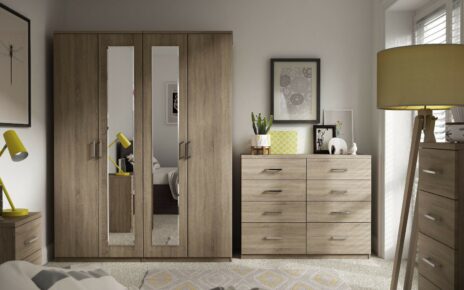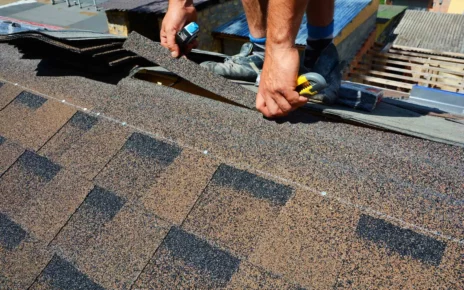uPVC pipes, or unplasticized polyvinyl chloride pipes, are a popular building material used in various applications due to their many benefits. These pipes are made of rigid PVC, which means they are strong and durable. They are also resistant to chemicals, weather, and external impact, making them a great choice for building applications. In this article, we will discuss the benefits of building with uPVC pipes and some of the applications where they are commonly used.
Benefits of uPVC Pipes
uPVC pipes have several advantages over other materials. One of the most significant benefits is their durability. These pipes are strong and long-lasting, and they can withstand harsh weather conditions and impact without getting damaged. They are also resistant to chemicals, making them ideal for use in industries where there is a risk of chemical exposure.
Another benefit of uPVC pipes is their low maintenance requirements. Unlike other materials, uPVC pipes do not rust, corrode or rot. They are also easy to clean, and you can use a simple soap and water solution to keep them looking new. This makes them ideal for use in areas where hygiene is crucial, such as hospitals and laboratories.
uPVC pipes are also lightweight and easy to install. They come in various sizes and lengths, which makes them versatile and suitable for use in various applications. They are also easy to cut and join, which makes them a popular choice for plumbing and drainage systems.
Applications of uPVC Pipes
These pipes are commonly used in many applications, including plumbing, drainage, and sewage systems. They are also used in agriculture for irrigation and water supply. Here are some of the most common applications of uPVC pipes.
Plumbing Systems
uPVC pipes are a popular choice for plumbing systems due to their durability and low maintenance requirements. They are also easy to install, which makes them ideal for use in both residential and commercial buildings. uPVC pipes can withstand high water pressure, and they do not corrode or rust, which means they are a long-lasting solution for plumbing systems.
Drainage Systems
uPVC pipes are commonly used in drainage systems due to their high flow rate and smooth surface. They are resistant to chemicals and abrasion, which makes them suitable for use in harsh environments. uPVC pipes are also lightweight, which makes them easy to install and maintain.
Sewage Systems
uPVC pipes are ideal for use in sewage systems due to their resistance to chemicals and abrasion. They are also lightweight, which makes them easy to install and maintain. uPVC pipes can withstand high temperatures and pressure, which makes them suitable for use in industrial applications.
Irrigation Systems
uPVC pipes are commonly used in agriculture for irrigation systems. They are resistant to chemicals and weather, which makes them ideal for use in harsh outdoor environments. uPVC pipes can also withstand high water pressure, which means they can deliver water to crops efficiently.
Water Supply Systems
uPVC pipes are used in water supply systems due to their durability and resistance to chemicals. They are also lightweight, which makes them easy to transport and install. uPVC pipes can withstand high water pressure, which means they are a reliable solution for water supply systems.
Conclusion
uPVC pipes are a popular building material due to their many benefits. They are strong, durable, and resistant to chemicals and weather, which makes them ideal for use in various applications. They are also lightweight and easy to install, which makes them a versatile solution for building projects. Whether you are building a plumbing system, drainage system, sewage system, or irrigation system, uPVC pipes are an excellent choice. They offer a long-lasting solution that requires minimal maintenance and can withstand harsh environments.




